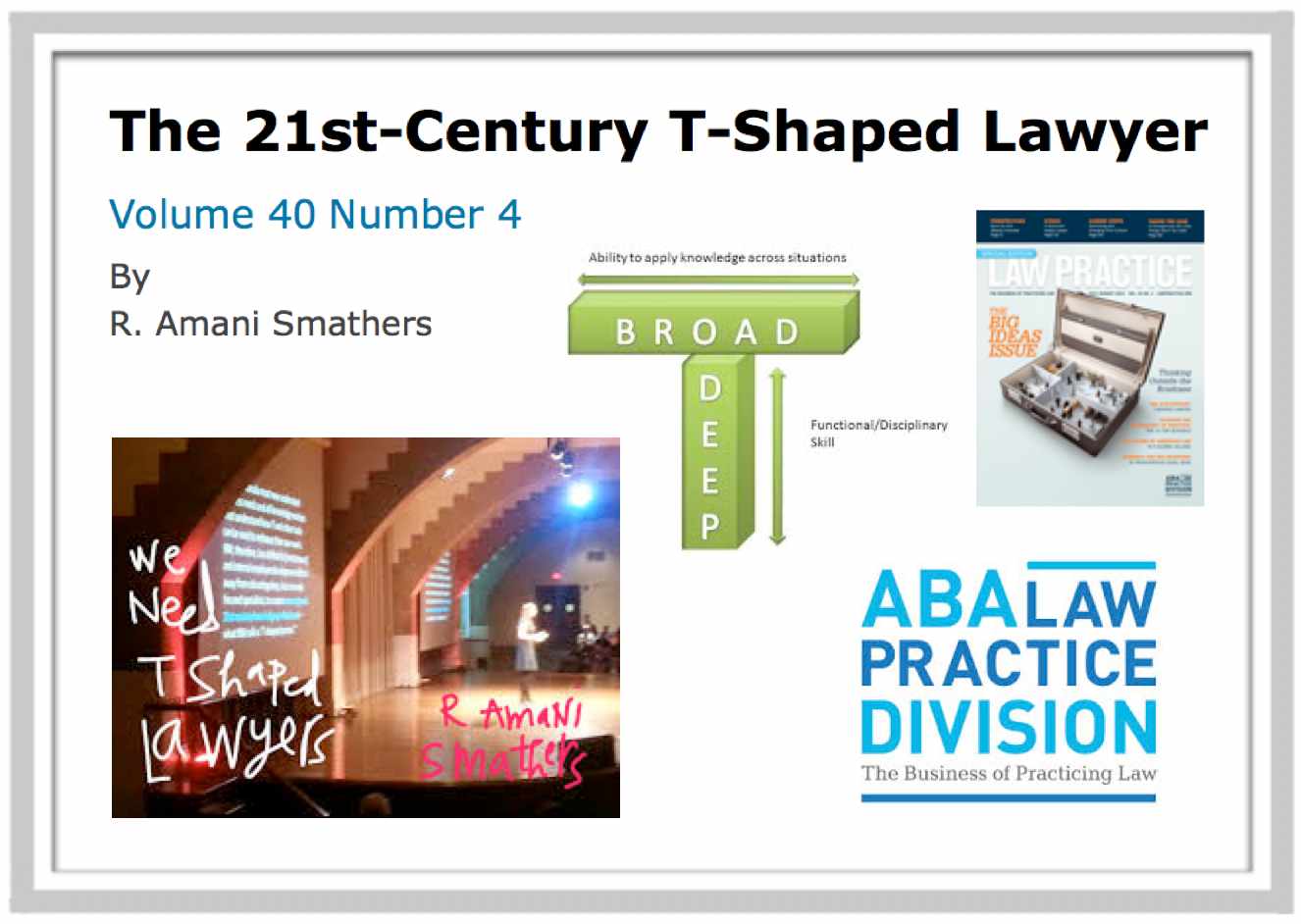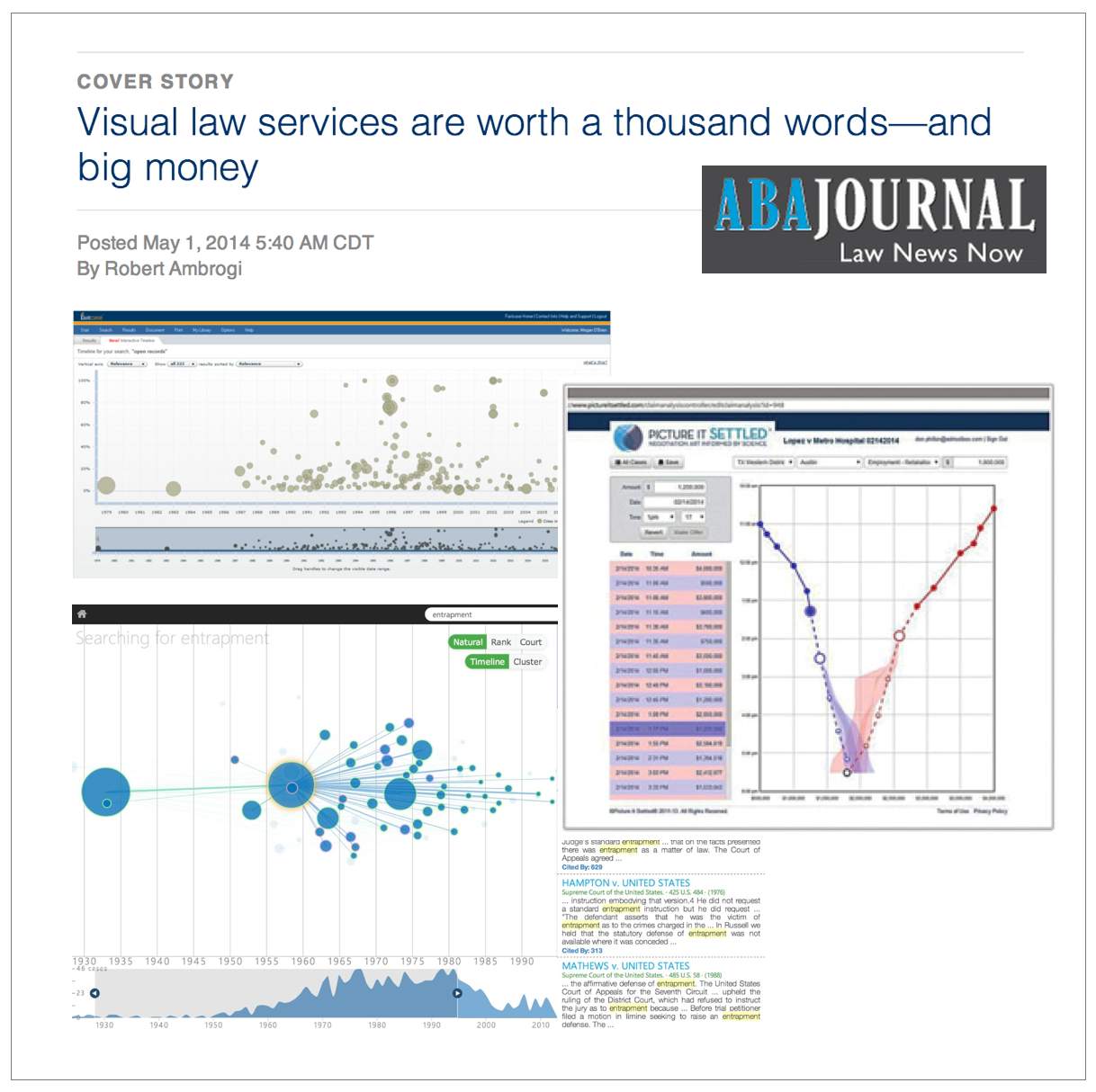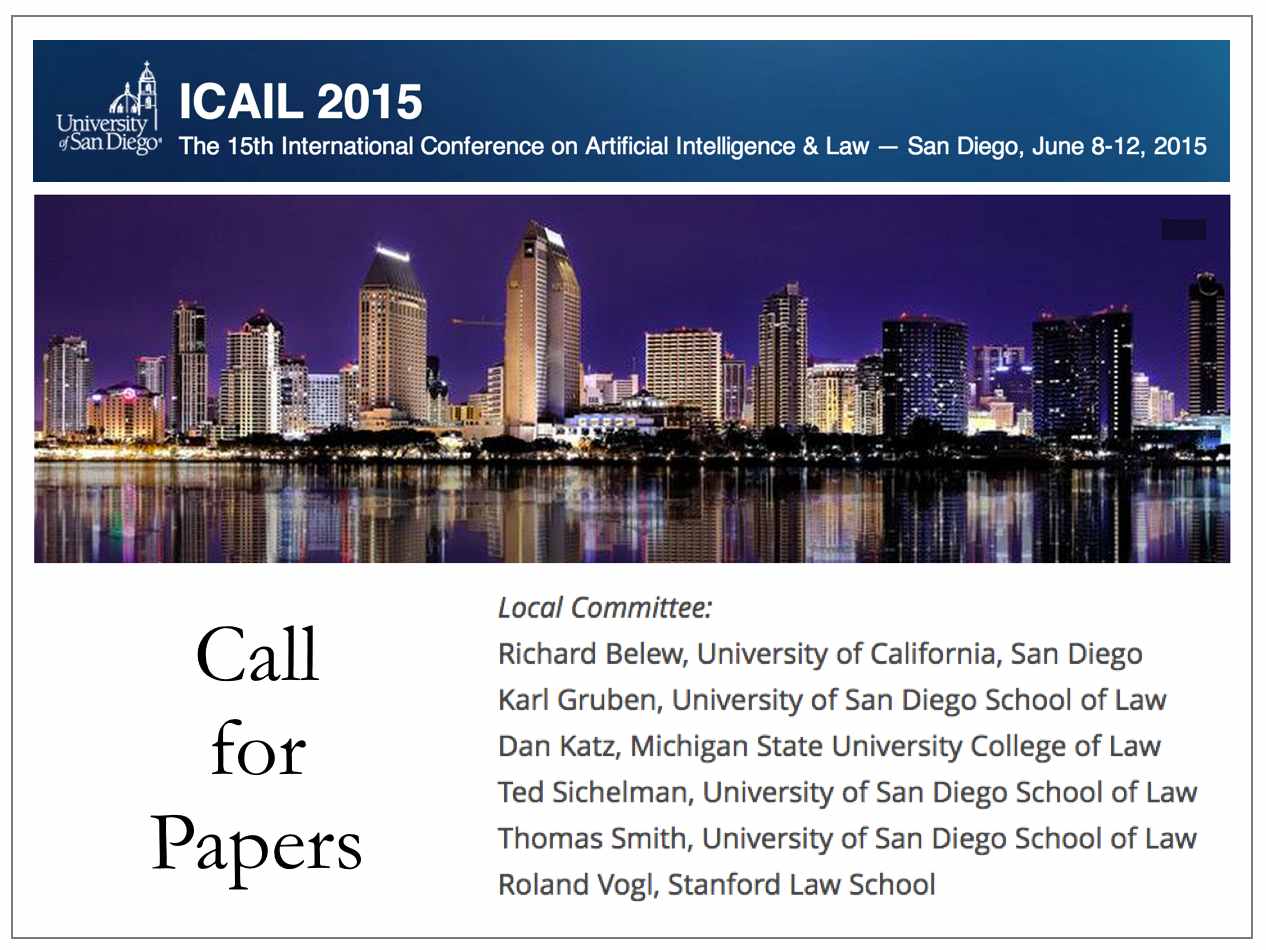
The 15th International Conference on Artificial Intelligence and Law (ICAIL 2015) will be held at the University of San Diego School of Law from Monday, June 8 to Friday, June 12, 2015.
Artificial Intelligence and Law is a vibrant research field that focuses on:
- Legal reasoning and development of computational methods of such reasoning
- Applications of AI and other advanced information technologies that are intended to support the legal domain
- Discovery of electronically stored information for legal applications (eDiscovery)
- Machine learning and data mining for legal applications
- Formal models of norms, normative systems, and norm-governed societies
Since it began in 1987, the ICAIL conference has been established as the primary international conference addressing research in Artificial Intelligence and Law. It is organized biennially under the auspices of the International Association for Artificial Intelligence and Law (IAAIL). The conference proceedings are published by ACM. The journal Artificial Intelligence and Lawregularly publishes expanded versions of selected ICAIL papers.
The field serves as an excellent setting for AI researchers to demonstrate the application of their work in a rich, real-world domain. The conference also serves as a venue for researchers to showcase their work on the theoretical foundations of computational models of law. Accordingly, authors are invited to submit papers on a broad spectrum of research topics that include, but are not restricted to:
- Formal and computational models of legal reasoning
- Computational models of argumentation and decision making
- Computational models of evidential reasoning
- Legal reasoning in multi-agent systems
- Knowledge acquisition techniques for the legal domain, including natural language processing and data mining
- Legal knowledge representation including legal ontologies and common sense knowledge
- Automatic legal text classification and summarization
- Automated information extraction from legal databases and texts
- Data mining applied to the legal domain
- Conceptual or model-based legal information retrieval
- E-government, e-democracy and e-justice
- Modeling norms for multi-agent systems
- Modeling negotiation and contract formation
- Online dispute resolution
- Intelligent legal tutoring systems
- Intelligent support systems for the legal domain
- Interdisciplinary applications of legal informatics methods and systems
ICAIL is keen to broaden its scope to include topics of growing importance in artificial intelligence research. Therefore, papers are invited on the following featured categories:
- eDiscovery and eDisclosure
- Open data, linked data, and big data
- Machine learning
- Argument mining
Papers will be assessed in a rigorous reviewing procedure. Standard assessment criteria for research papers will apply to all submissions (relevance, originality, significance, technical quality, evaluation, presentation). Papers proposing formal or computational models should provide examples and/or simulations that show the models’ applicability to a realistic legal problem or domain. Papers on applications should describe clearly the underlying motivations, the techniques employed, and the current state of both implementation and evaluation. All papers should make clear their relation to prior work.
- Submission of workshop and tutorial proposals: December 5, 2014
- Submission of papers deadline: January 16, 2015
Local Committee:
Richard Belew, University of California, San Diego
Karl Gruben, University of San Diego School of Law
Daniel Katz, Michigan State University College of Law
Ted Sichelman, University of San Diego School of Law
Thomas Smith, University of San Diego School of Law
Roland Vogl, Stanford Law School
Program Chair
Katie Atkinson
Department of Computer Science,
University of Liverpool, UK
Conference Chair(s)
Ted Sichelman
University of San Diego School of Law
Richard Belew
Cognitive Science Department,
University of California – San Diego
Secretary/Treasurer
Anne Gardner
Atherton, CA, USA
For More Information – Access the Full Call for Papers
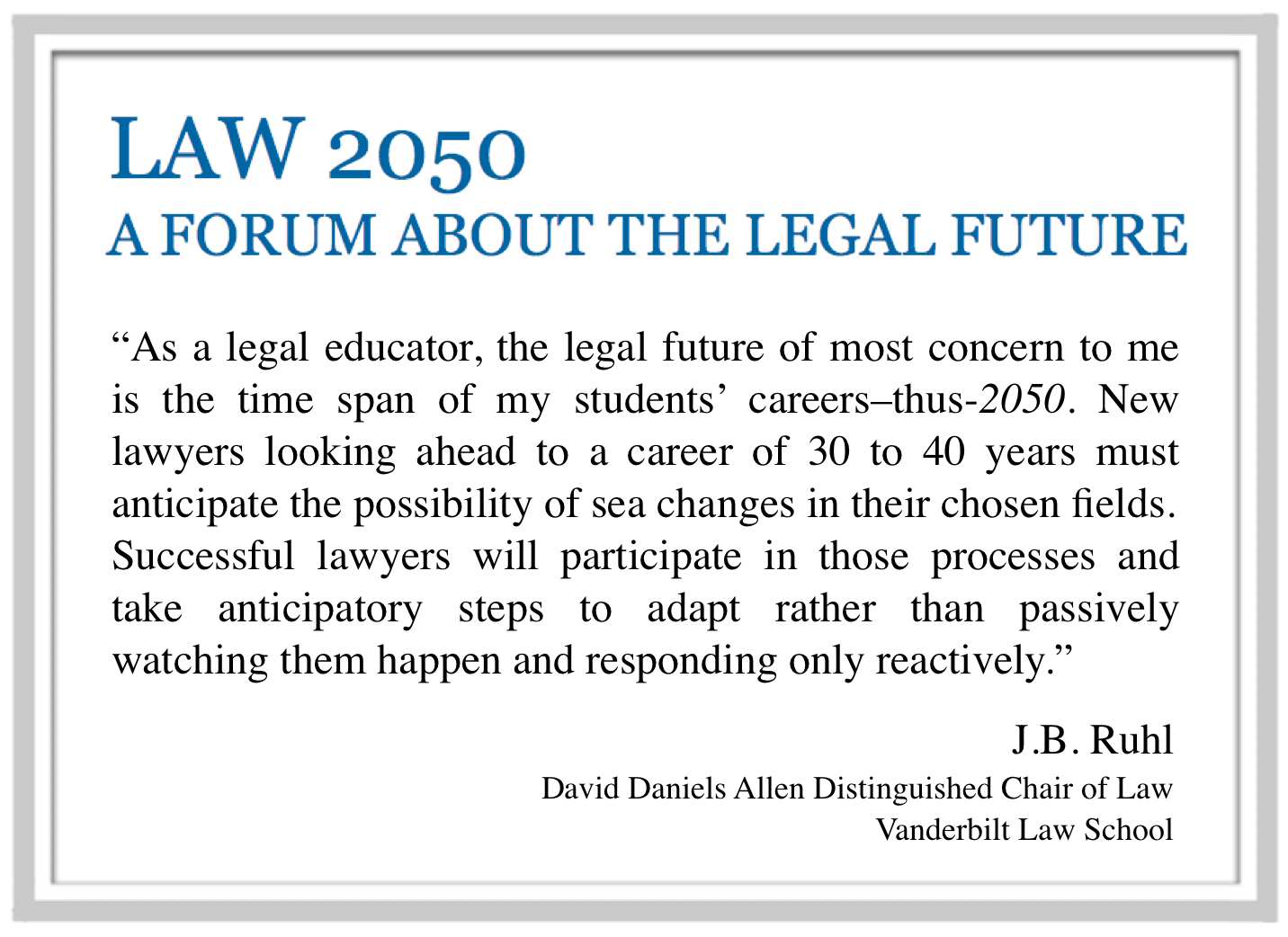 Law 2050 is a blog operated by J.B. Ruhl from Vanderbilt Law School in conjunction with his course on legal futurism offered to 2L + 3L students @ Vandy. There are two major classes of legal futurism and J.B.’s course does a nice of covering both.
Law 2050 is a blog operated by J.B. Ruhl from Vanderbilt Law School in conjunction with his course on legal futurism offered to 2L + 3L students @ Vandy. There are two major classes of legal futurism and J.B.’s course does a nice of covering both.
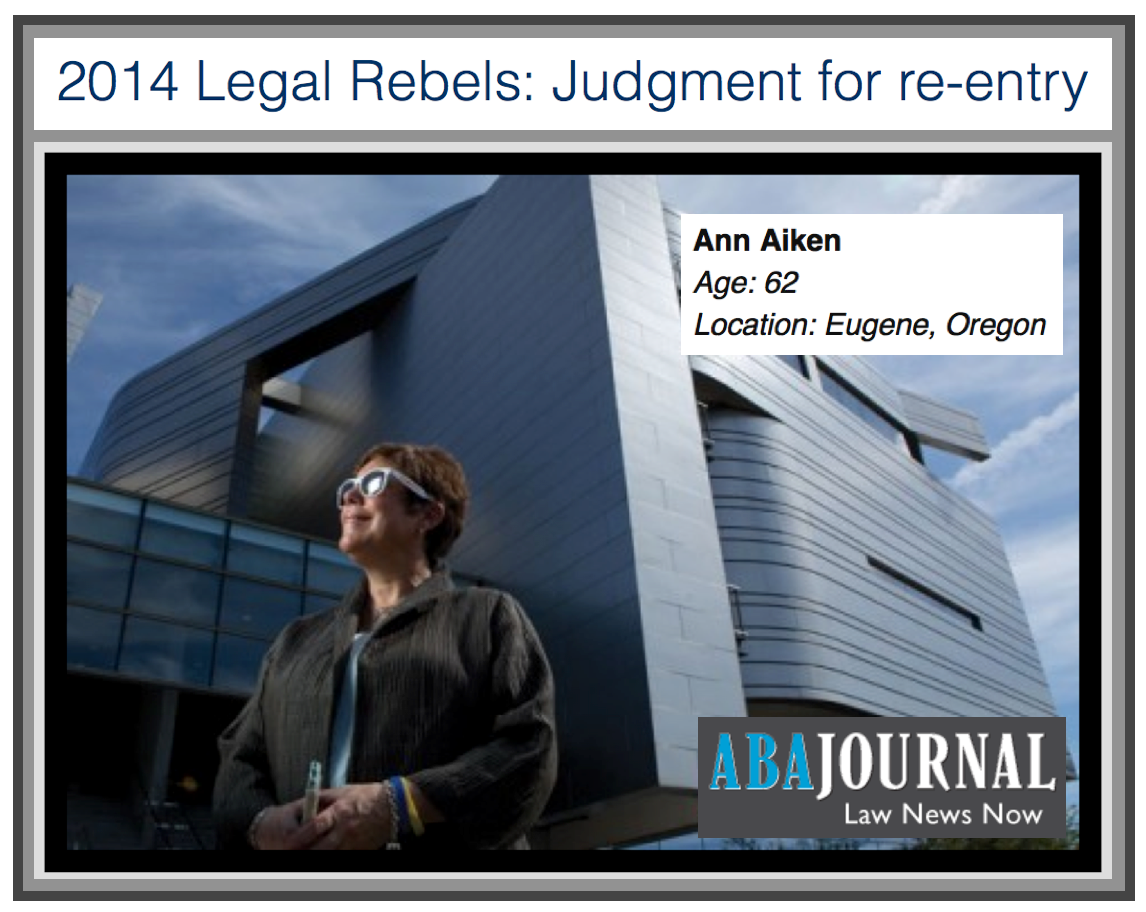
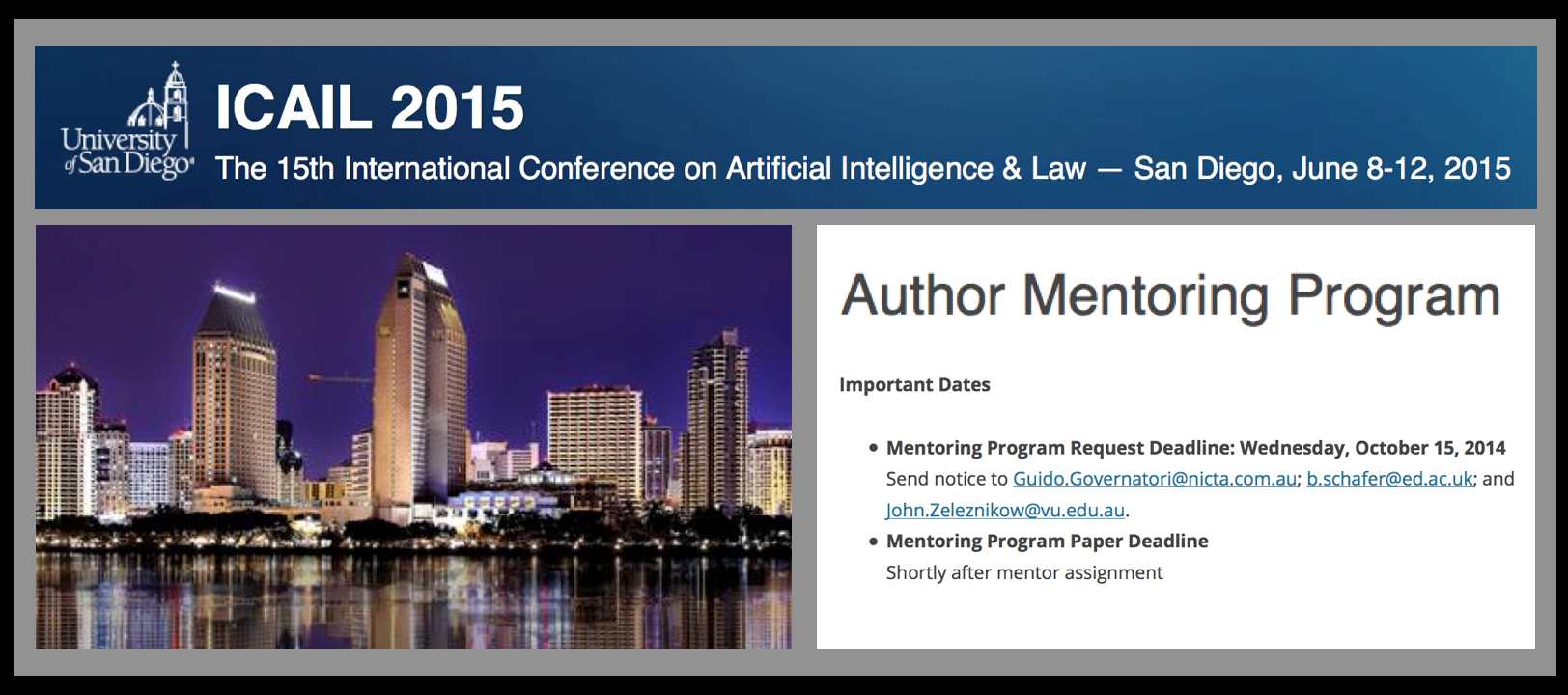
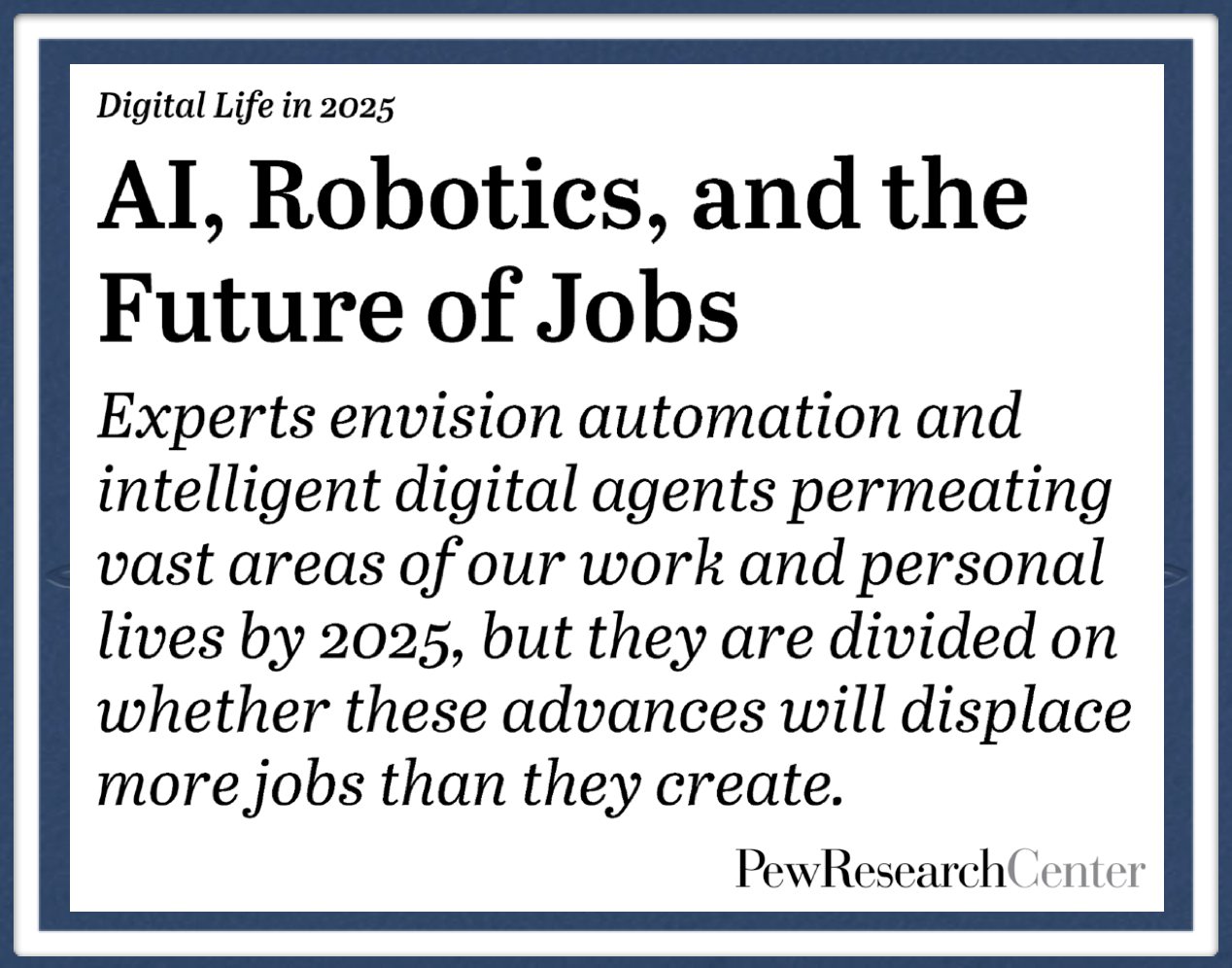
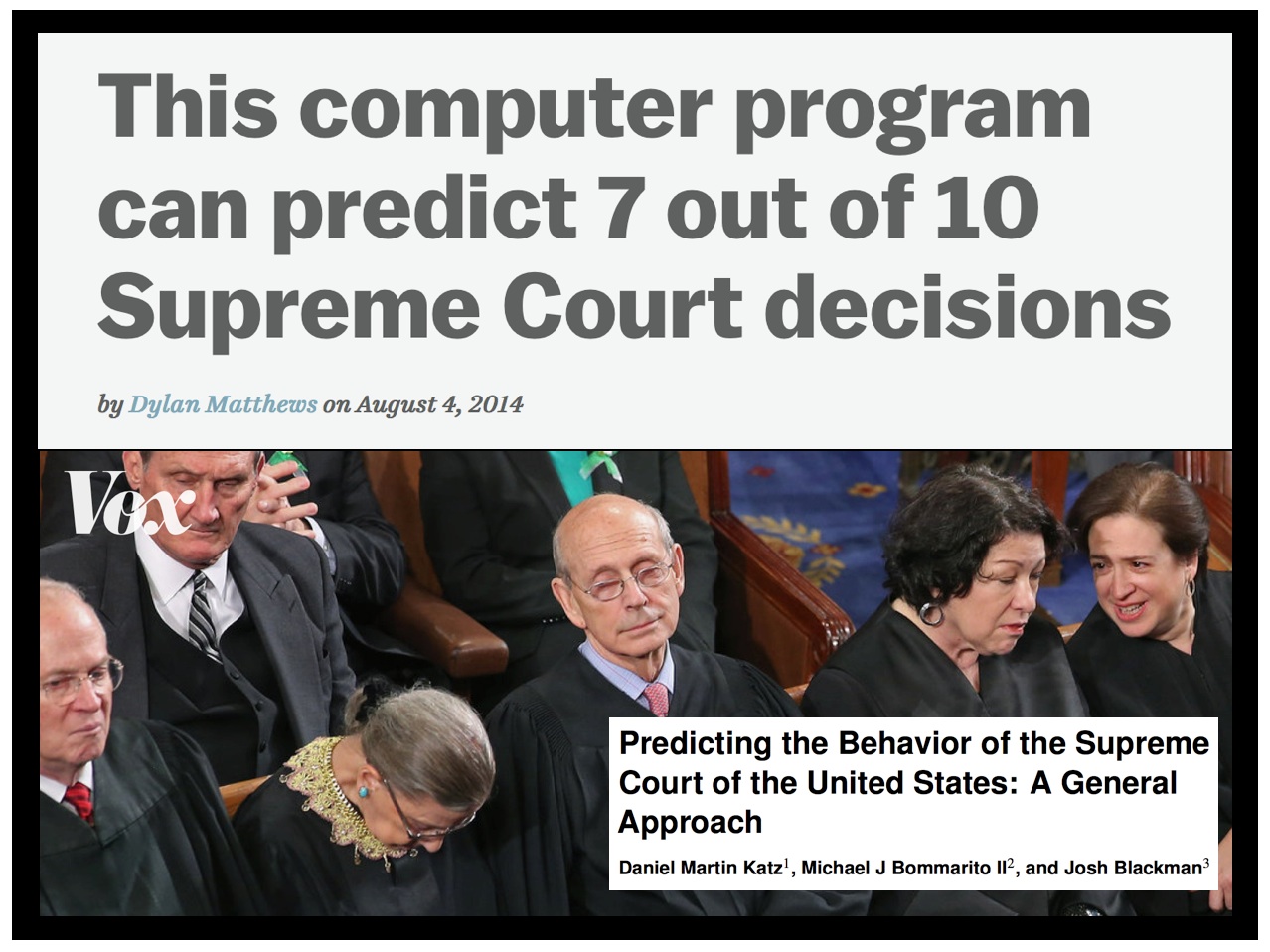
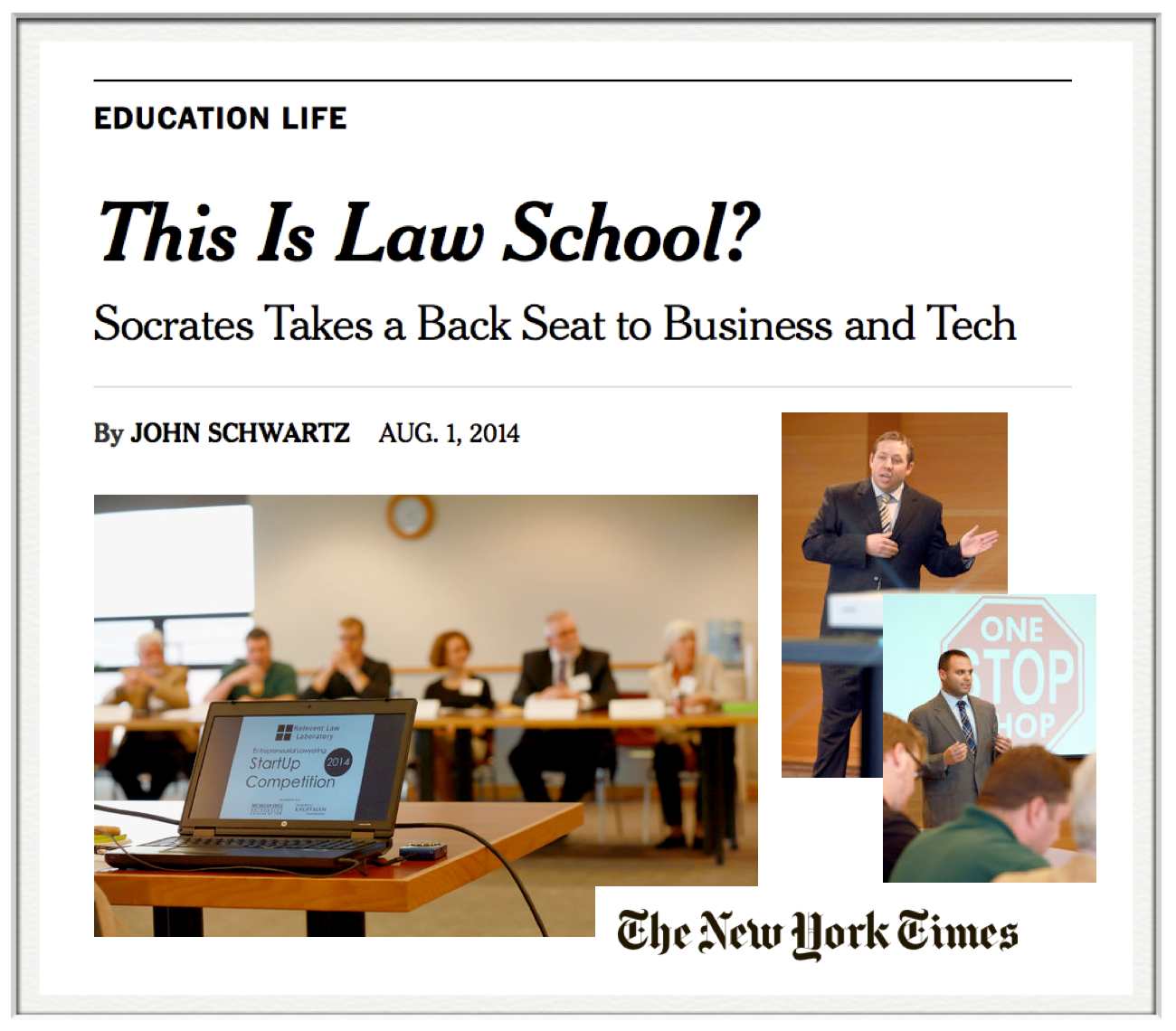 Nice coverage
Nice coverage